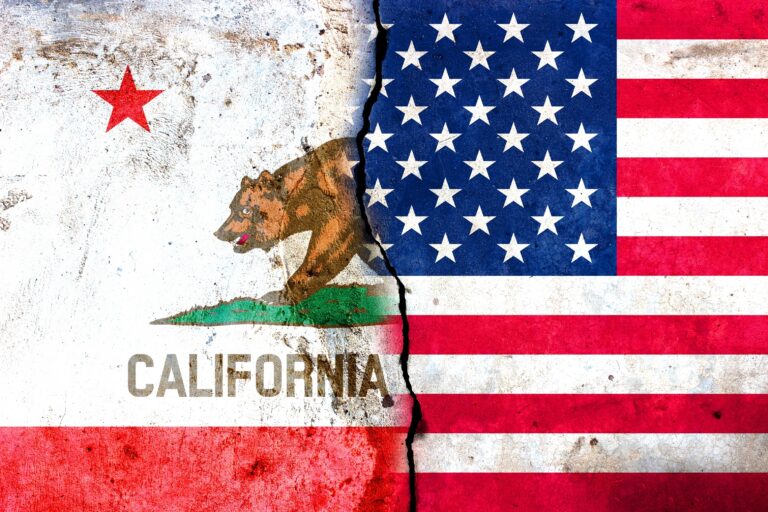California is well-known for regulations that go beyond those of other states as federally set regulations. In fact, as stated in the Orange County Register, “For almost every national regulator and attached code, California has its own stricter regulators and codes,” with the state’s EPA and Department of Industrial Relations “compet(ing) not just to enforce but to layer more requirements on top of federal environmental and labor rules.”
The state is in the midst, once again, of proving this to be true with a bill that is currently sitting on the desk of California Governor Newsom. If signed (which we fully expect to happen), the resulting regulation will set a new precedence for national impact of a state law. The California Food Safety Act (AB418) would make it illegal for a human food that contains brominated vegetable oil (BVO), potassium bromate, propylparaben, or red dye 3 to be manufactured, sold, delivered, distributed, held, or offered for sale in the state.
Currently, these substances are used in foods such as baked goods, candies, soft drinks, and salad dressings primarily for quality and shelf-life reasons, as they have been approved for certain food uses by the FDA. However, all are controversial and have been banned in some countries for food use – with the state of California likely to join those countries.
As a state bill, it would apply only to food in/for California, however California is the most populous state in the nation with an estimated 39 million people. Thus, rather than lose that potential market, manufacturers are likely to begin working on reformulations; and considering the economics of doing so, it’s vastly unlikely that a food company would reformulate only the portion of its foods going to California. Thus, the passage of the bill would have a significant impact across the entire U.S. food industry, with the bill designating January 1, 2027, as the effective date of compliance. As of that date, a firm’s first violation would hold a civil penalty of up to $5,000, with successive penalties set at up to $10,000 each. And this does not begin to cover the cost of likely litigation as various organizations test the products for sale in California to look for the “banned” ingredients.
The initial bill, proposed by the State Senate also included a ban on titanium dioxide (TiO2), however this was removed in the subsequent Assembly bill. TiO2 is a powder that is used to whiten and brighten certain foods. While there is some question on the safety of this additive as well, it holds GRAS status in the U.S. and the FDA reaffirmed its stance on its safety in January 2023.
The FDA is also currently re-evaluating FD&C Red No. 3, continues to evaluate the safe use of other additives, and specifies foods in which certain additives can be used, setting limits on the amounts. For example, BVO is allowed for use in certain foods as a stabilizer at an amount not to exceed 15 ppm.
While there is opposition to the use of these substances in food, there are counter arguments such as that posed by the International Association of Color Manufacturers (IACM). Even given that the association may be biased as an additive representative, its stance likely holds merit in stating that “Actions like California’s AB 418 are not based on sound scientific assessments and undermine established regulations that have long ensured food safety.”
As we stated above, we anticipate this to become law when the Governor signs it. What is more concerning is that this may just be the start of a much longer list of chemicals that will be targeted in the coming years.
For information on TAG’s services that can support your efforts in related areas, visit:





